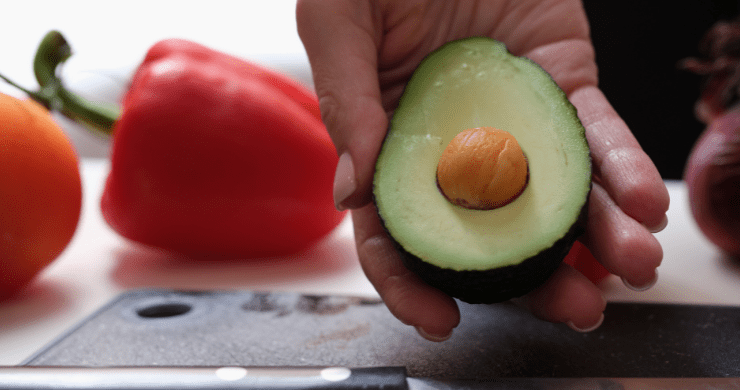Bananas are a healthy part of any diet, but there benefits differ based upon their ripeness. According to a sports nutritionist from Australia, the level of ripeness of a banana affects how it’s processed in the body. For example, greener bananas, ones that aren’t as ripe, promote positive gut health. Although, they may taste bitter. Regular bananas, the ones that are yellow, tend to have the highest antioxidant levels. Finally, brown bananas usually have the highest amount of potassium. So, depending on the needs of your diet, you can choose which level of banana ripeness works best for you.
Key Takeaways:
- Bananas that have not ripened yet can actually be good to eat, since they are a good source of prebiotics, and are FODMAP friendly.
- Bananas that have become overripe have a higher sugar content, and are rich in nutrients such as potassium, Vitamin B6, fiber, and Vitamin C.
- In the early 20th century, doctors claimed that bananas could be a treatment for celiac disease.
“But there is confusion surrounding bananas, added the school, with unfavorable claims suggesting that bananas cause weight gain and constipation.”



